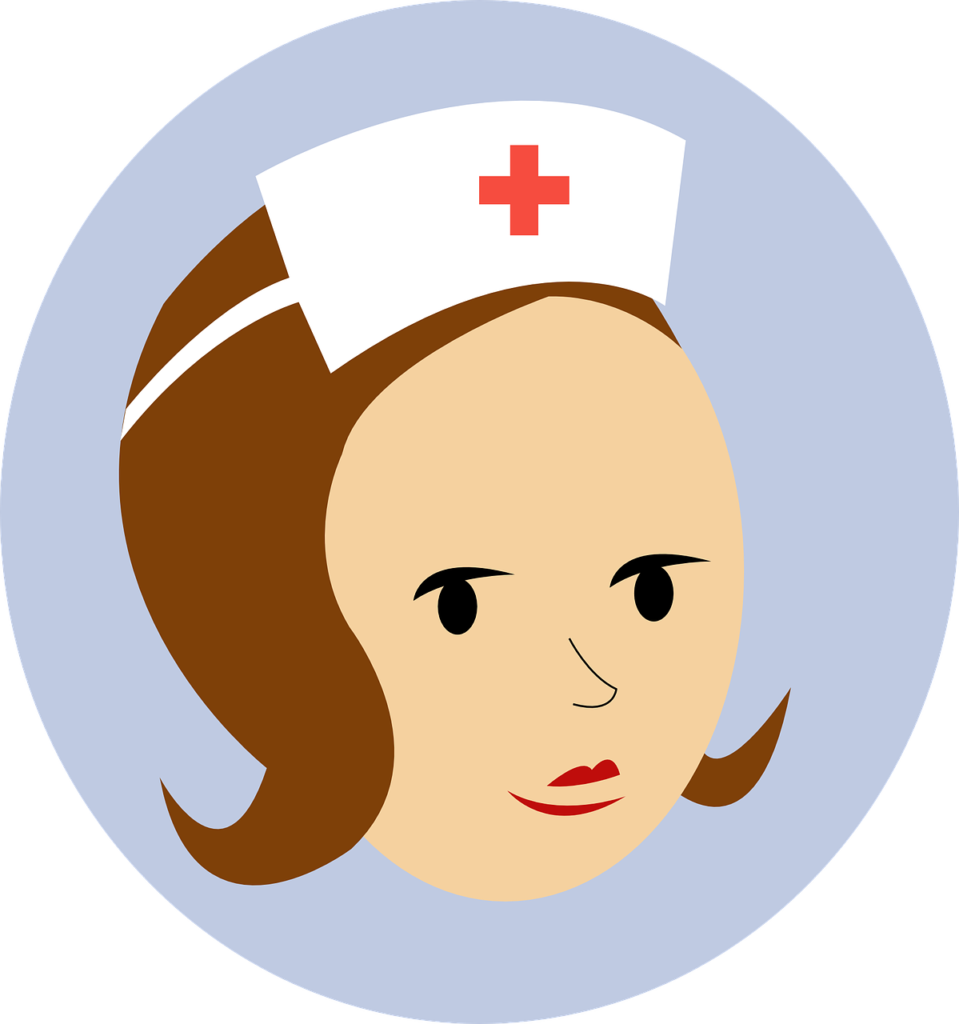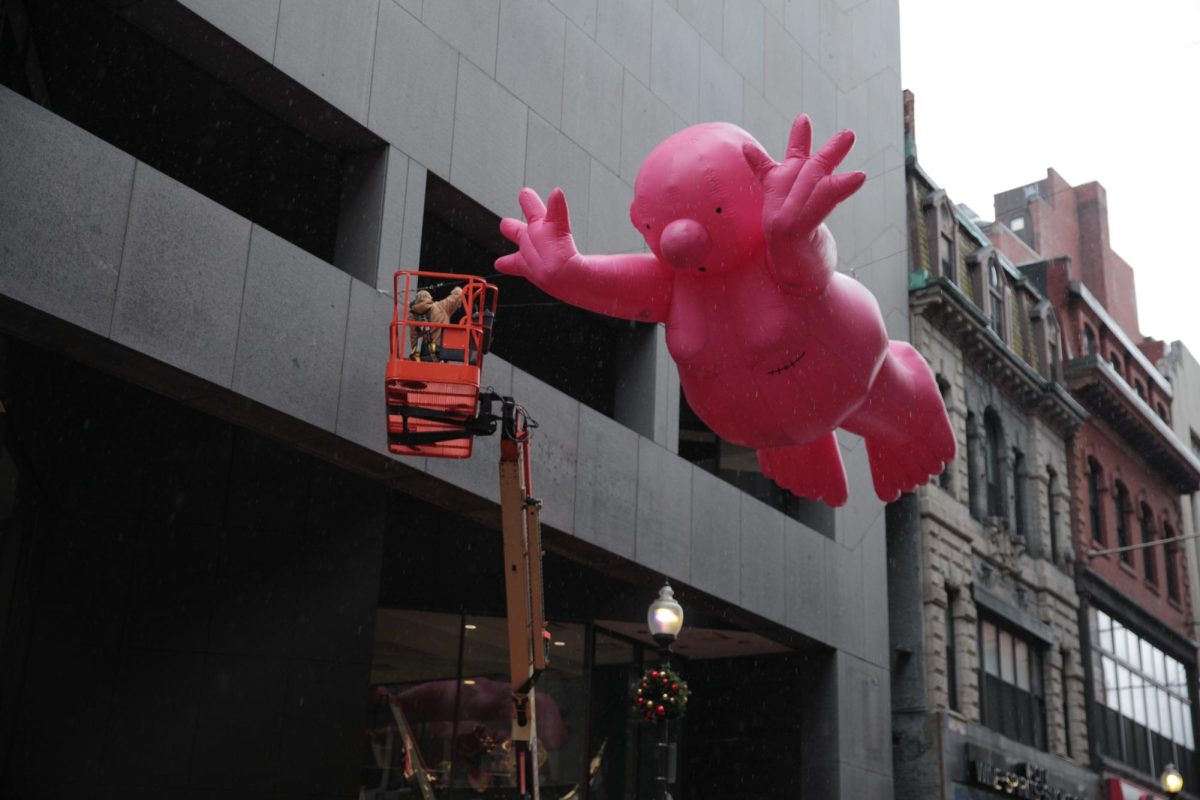By Angelica Recierdo, inside columnist
No page in a textbook could teach me about resilience – about how daunting life after the hospital can be for some patients, about loss and the space in your heart that will always hold grief. Nursing school teaches you skills, technique and medical knowledge through the buffer of a lab, a PowerPoint presentation or a mannequin, while work will teach you how to care and infuse technique with empathy, mastery with kindness, competency with advocacy.
1. Nothing takes the pain away quite like holding a loved one’s hand.
When you’re inserting a peripheral IV into a pediatric infusion patient, things will go a lot more smoothly if his or her mother is by their side. If a patient is in a scary new environment, having a familiar face to look at by their bedside will soothe nerves and relieve tension. Right before a procedure or right before death, if loved ones can surround the patient, it will make the transition all the better.
2. Everyone’s “normal” or “baseline” is different.
Your atrial fibrillation patient won’t have a normal heart rate during your whole shift. The hypotensive old lady is not going to change overnight. Don’t swear by parameters because all bodies are different and what feels normal may not be clinically normal. Learn what’s abnormal for them.
3. Never turn your back on a patient with severe mental illness.
My eyes left a bipolar patient for less than a minute. She dashed for the exit and before I knew it, security was restraining her in the elevator. For your own safety, as well as theirs, protect your physical space and don’t let a mentally vulnerable patient out of your sight. Develop a comfort zone and boundaries and maintain them with all patients.
4. The art of small-talk is the ultimate therapeutic intervention.
Ask them where they’re from. What do they do for a living? Who do they live with at home? When you’re inserting the Foley catheter or drawing blood from the central line, find out what gets them going. Shift their mind to what they love so that any perceived discomfort or pain is relieved for a passing time.
5. “Meet them where they’re at.”
You will meet a lot of “repeat offenders” and “frequent flyers” in your practice. Be patient and headstrong. They have to ultimately want to take responsibility and want to change. You just have to be there to support them each time.
6. People are a lot more agreeable after some sleep and food.
It’s 6 a.m. If you were sick and without your usual home routine, would you want to get out of bed? Make negotiations like promising to start the day after 30 more minutes of sleep or after a bite to eat. Pace yourself with the to-do list for each patient.
7. Death is not just the absence of a pulse.
Life outside hospital walls means purpose and independence. Life can also mean sustaining machines. You will see that people can be “dead” for weeks or months. Have dignity and respect for every phase and transition. When there is nothing more to do medically, promote peace and comfort, especially to grieving family members.
8. Have your co-workers’ backs.
Check on each other’s work. Cover each other during breaks. Thank them for lending an extra hand. You will see these people at every hour and they will be the ones you go to with laughs, questions, sorrows and praise. Take care of each other.
9. How to wake up thankful.
Everything your body does on its own without you having to think about it is a blessing. Every day you wake up without pain or ailment is a good day.
10. Take care of yourself before you take care of others.
A 12-hour shift will not go smoothly without proper rest beforehand and nourishment. Keep yourself hydrated and bring snacks on the job. Treat your body like a temple so that you may be a role model and healing figure for others.
-Angelica Recierdo can be reached at [email protected].
Photo courtesy Nemo , creative commons










